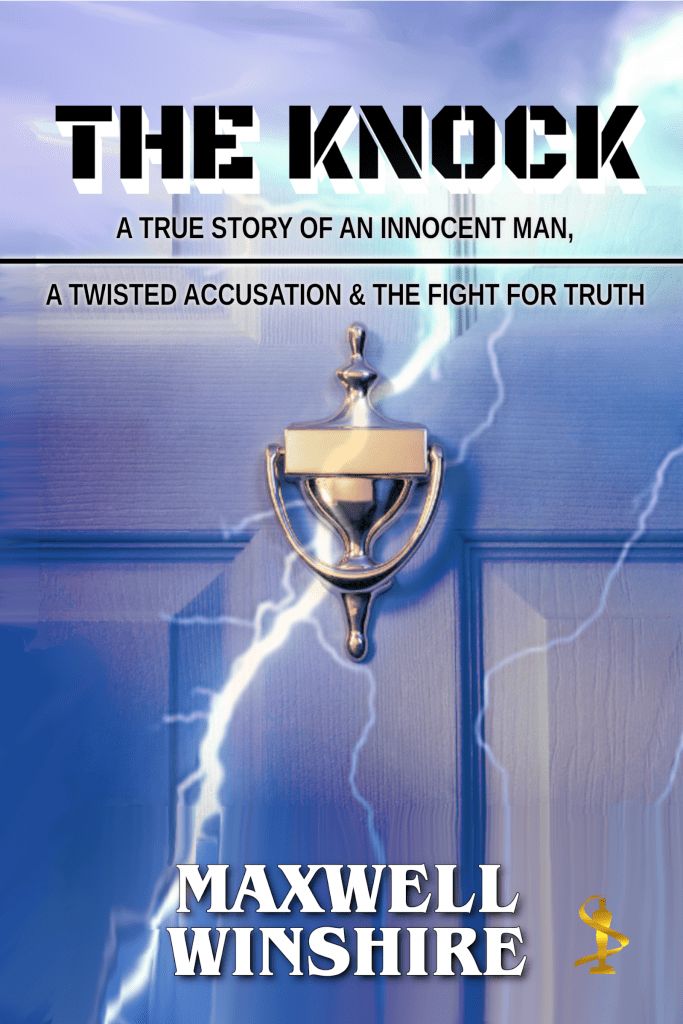How to become a TV host

Lights, Camera, Action! How to become a TV host requires training and experience like any other job, as well as good looks, a sparkling personality and charisma which I assume you have already!
Most traditional TV hosts have a background in journalism in newspapers, magazines or radio, because the ability to write scripts is a major asset, and in TV news hosting, a necessity.
Being a Talk Show host is not easy, but it looks easy on TV because they are so well trained. However, even when it looks unscripted, it probably still is. At least, TV hosts will have ‘beats’ planned for the re-telling of the story, and know exactly where they are going minute-by-minute.
Training for how to become a TV host
There are three principal ways to train as a TV host:
1) Apprenticeship or Vocational Training
2) Academic Training
3) Volunteering / Internship
1) Apprenticeship or Vocational Training
You can do a Level 3 apprenticeship in Broadcast Production Assistant or Junior Content Producer.
There are also higher-level journalism apprenticeships like Journalist but you will need a Level 5 Diploma in Journalism for this. Or Senior Journalist apprenticeship but you will need a Level 6 qualification to do this. You can find a database of apprenticeships at the Institute for Apprenticeships and Technical Education. You can see the equivalency table below to understand what levels 1 – 8 represent:
From the Parents’ Guide To
2) Academic Training
If you have two or three A-levels you could do a degree. The National Careers Service recommends the following Degree Subjects for a Television Presenter:
- media production
- drama or performing arts
- journalism or broadcast journalism
- media or communication studies
Screenskills provides funding for Bursaries for Media related careers.
3) Volunteering/ Internship
When it comes to finding work, it is often the old chicken and egg situation that you need experience to get experience! The solution is volunteering at every available opportunity. For example, working on your student magazine, student radio or hospital radio. I volunteered on hospital radio, going around the wards, meeting patients and collecting requests to build my show list. I even did a ‘live’ outside broadcast on one ward which was a lot of fun, but the doctor wasn’t too happy! In my novel about a TV show set in the future, my protagonist, Christopher Carrotte, the crazy host of the show, was a former radio presenter and I drew on my experiences from hospital radio in building his character.
You could also becoming a “runner” or “researcher” for a production company. These posts are often not advertised so you need to be willing to cold-call in person, or on the phone and hand-write letters or email. It may take you a hundred letters or calls because the field is so competitive, so don’t be disheartened after a few tries. A ‘runner’ literally means you run, for example, delivering tape from the editing suite to the Production office, but the value of these roles is not necessarily in the work you do, but the people you get to meet. Don’t they say it’s sometimes who you know, not what you know!
Internships and Work Experience are advertised by bigger companies and established institutions like the BBC, ITV and Channel 4.
Internships are usually unpaid, but sometimes cover limited expenses, like travel, but the BJTC offers a bursary called the Placement Assistance Scheme (PAS) to help with funding work experience. You will need to plan ahead, though, because this is an annual scheme which opens every September for the following year.
Like we said at the beginning, becoming a TV host is not easy, but with determination and perseverance, and the right training and experience, it can be done. If you don’t believe me, just turn on your TV.
Maxwell Winshire is the author of the ‘What’s Your Problem?” Trilogy which features Christopher Carrotte, as the TV Host and Co-Producer of a dystopian Talk Show set in 2084 with a difference: Counsellor vs Patient. You can find out more on his website: www.maxwellwinshire.com.


